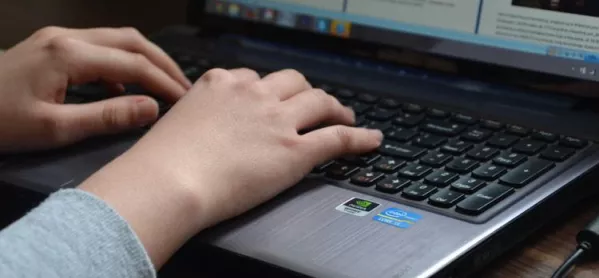Widespread malpractice in computing is likely to have contributed to a sharp rise in penalties issued to school staff and students this year, a new Ofqual report suggests.
The number of penalties for malpractice issued to school and college staff has risen by 149 per cent between 2016 and 2017.
Maladministration accounted for the largest proportion of penalties - and computing was the subject with the largest number of penalties, the new report from the exams watchdog reveals.
Meanwhile, penalties issued to students increased by 25 per cent overall, figures published by the exams regulator today show.
Mobile-phone malpractice
The most common type of student malpractice resulting in penalties involved mobile phones. The number of these penalties rose by 18 per cent, from 900 in 2016 to 1,060 in 2017, but a subject breakdown has not been provided.
Plagiarism - the second most common type of malpractice - accounted for 17 per cent of penalties, the vast majority of which (86 per cent) were in computing.
Taken together, mathematics and computing combined accounted for more than a third of all student malpractice penalties in 2017.
In November, Ofqual announced proposals for marks for computing coursework to no longer contribute to a student’s final grade following widespread malpractice in GCSE.
The exams regulator said it was “no longer possible for exam boards to ensure that grades awarded in the summer will fairly reflect the ability of all students unless changes are made”.
The consultation closed last month and a decision is expected to be announced this month.
Want to keep up with the latest education news and opinion? Follow Tes on Twitter and Instagram, and like Tes on Facebook




